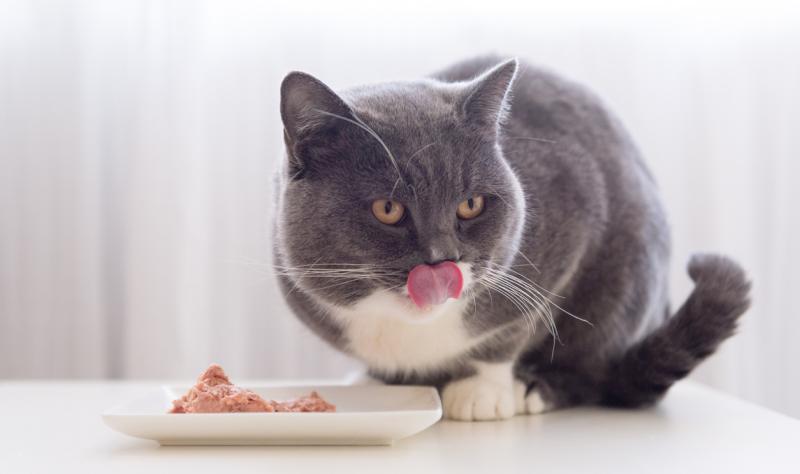Recent cases of H5N1 avian influenza infections in cats in Los Angeles have raised significant concerns among veterinary and public health officials. The infections, which resulted in the deaths of several cats, are believed to be linked to the consumption of raw pet food, prompting a renewed warning about the potential risks associated with such diets.
H5N1, a highly pathogenic strain of avian influenza, is primarily known for affecting bird populations. However, in recent years, there have been increasing reports of mammalian infections, including in domestic cats. The Los Angeles cases are among the latest in a growing list of incidents where the virus has crossed species barriers, raising fears of broader zoonotic transmission.
Veterinarians and public health officials emphasize that feeding pets raw food diets can expose them to various pathogens, including bacteria like Salmonella and E. coli, as well as viruses such as H5N1. The raw pet food industry has gained popularity due to perceptions of health benefits and natural diets, but experts warn that these diets can be contaminated with infectious agents if not properly handled and processed.
In response to the Los Angeles incidents, authorities are advising pet owners to avoid feeding raw diets to their animals, especially during outbreaks of avian influenza. They recommend thoroughly cooking pet food to eliminate potential pathogens and practicing good hygiene when handling raw ingredients.
The cases also highlight the importance of monitoring and surveillance of zoonotic diseases, which can transfer from animals to humans. While there have been no reported human cases linked directly to these incidents, health officials remain vigilant, given the potential for H5N1 to infect mammals and possibly adapt to human hosts.
Researchers are continuing to study the virus's behavior in different species to better understand its transmission dynamics and to develop strategies to prevent future outbreaks. Meanwhile, pet owners are urged to stay informed and follow guidance from veterinary and public health authorities to protect both their animals and themselves.
Overall, the Los Angeles cases serve as a stark reminder of the risks associated with raw pet food diets and the importance of responsible pet care practices. Ensuring pets are fed safe, properly prepared food can help reduce the risk of infection and safeguard public health.
